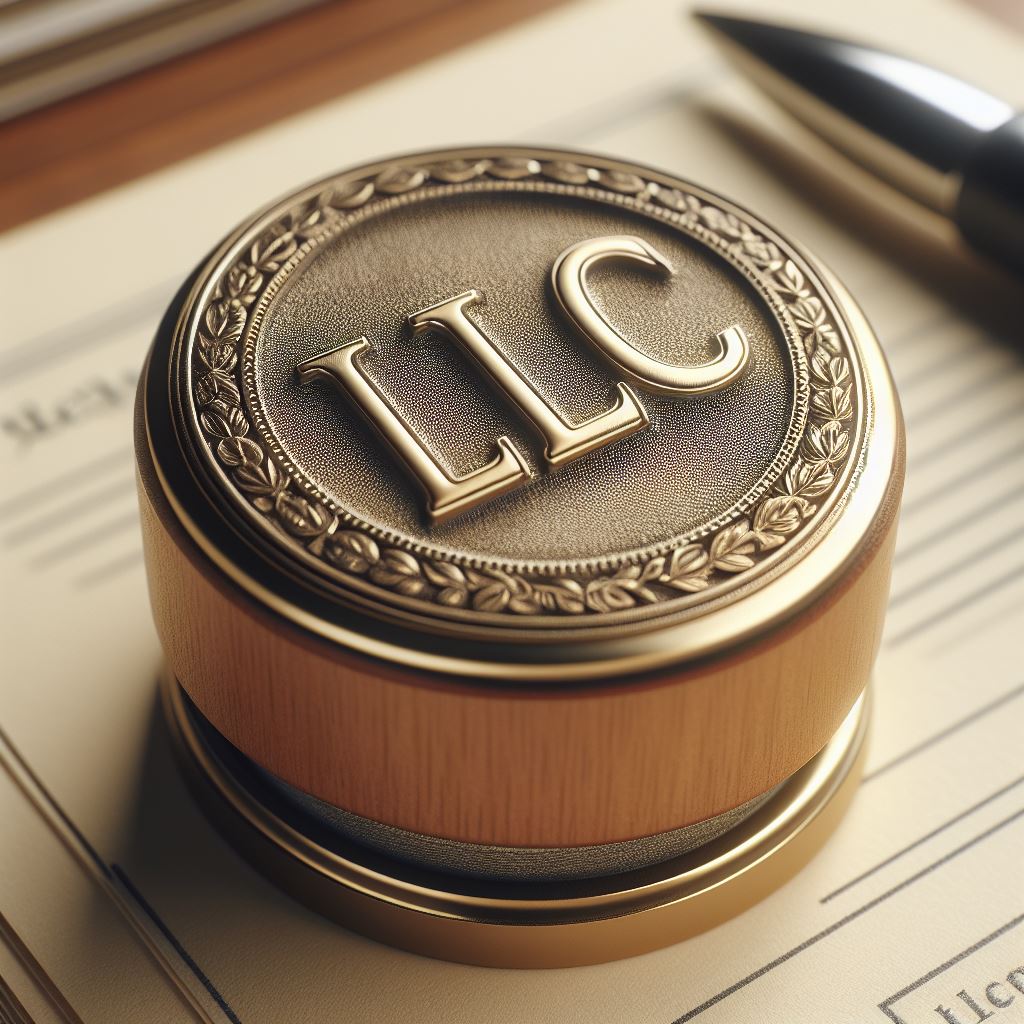Sustainable Energy for All: A Look at Renewable Energy Law in Romania
In this article, we’ll explore Romania’s support scheme for renewable energy and how it can benefit companies operating in this growing sector.
Understanding Romania’s Support Scheme for Renewable Energy
Romania’s support scheme for renewable energy is designed to encourage the development of renewable energy projects in the country. The scheme provides financial and other types of support to companies that invest in renewable energy projects. The main objective of the scheme is to increase the share of renewable energy in Romania’s energy mix and reduce the country’s greenhouse gas emissions.
Eligibility Criteria for the Renewable Energy Support Scheme in Romania
To benefit from Romania’s support scheme for renewable energy, companies must meet certain eligibility criteria.
These criteria include:
- The renewable energy project must be located in Romania
- The renewable energy project must have a capacity of at least 1 MW
- The company must have a valid license to produce and sell electricity
- The company must comply with all environmental and health and safety regulations
Types of Support Available for Renewable Energy Projects in Romania
Companies that meet the eligibility criteria can benefit from various types of support under the scheme. These include:
- Green certificates: Companies that produce renewable energy receive green certificates for each MWh of electricity they generate. These certificates can be sold on the open market to other companies that need to meet renewable energy quotas.
- Feed-in tariffs: Companies that produce renewable energy can also benefit from feed-in tariffs. These tariffs guarantee a fixed price for the electricity generated by the project for a set period of time.
- Tax exemptions: Companies that invest in renewable energy projects can benefit from various tax exemptions, including exemptions from VAT and income tax.
Challenges and Opportunities of Romania’s Renewable Energy Support Scheme
While Romania’s support scheme for renewable energy presents many opportunities for companies, there are also some challenges to consider. One of the main challenges is the complex application process, which can be time-consuming and require significant resources.
However, for companies that are able to navigate the application process, the support scheme presents many opportunities. These include:
- Access to financing: Companies that receive support under the scheme can benefit from access to financing from banks and other financial institutions.
- Increased profitability: Companies that invest in renewable energy projects can benefit from increased profitability, as renewable energy projects are often more profitable than traditional energy projects.
- Environmental benefits: By investing in renewable energy, companies can help reduce Romania’s greenhouse gas emissions and contribute to a cleaner and more sustainable future.
Implementation of Romania’s Renewable Energy Support Scheme
The implementation of the support scheme is overseen by the Romanian Energy Regulatory Authority (ANRE).
ANRE is responsible for ensuring that companies comply with the eligibility criteria and that the support is distributed fairly and transparently.
The Romanian government is also playing a key role in implementing the support scheme. The government has set targets for the share of renewable energy in Romania’s energy mix, and is implementing policies and regulations to encourage the development of renewable energy projects.
How to Take Advantage of Renewable Energy Law in Romania
Renewable energy law in Romania presents many opportunities for companies operating in the renewable energy sector. By investing in renewable energy projects, companies can benefit from access to financing, increased profitability, and environmental benefits.
However, navigating the complex regulations surrounding the support scheme can be challenging. That’s why it’s important for companies to work with experienced attorneys who specialize in Romanian Energy Law.
With the right guidance, companies can take advantage of the opportunities presented by Romania’s support scheme for renewable energy and contribute to a cleaner and more sustainable future.








